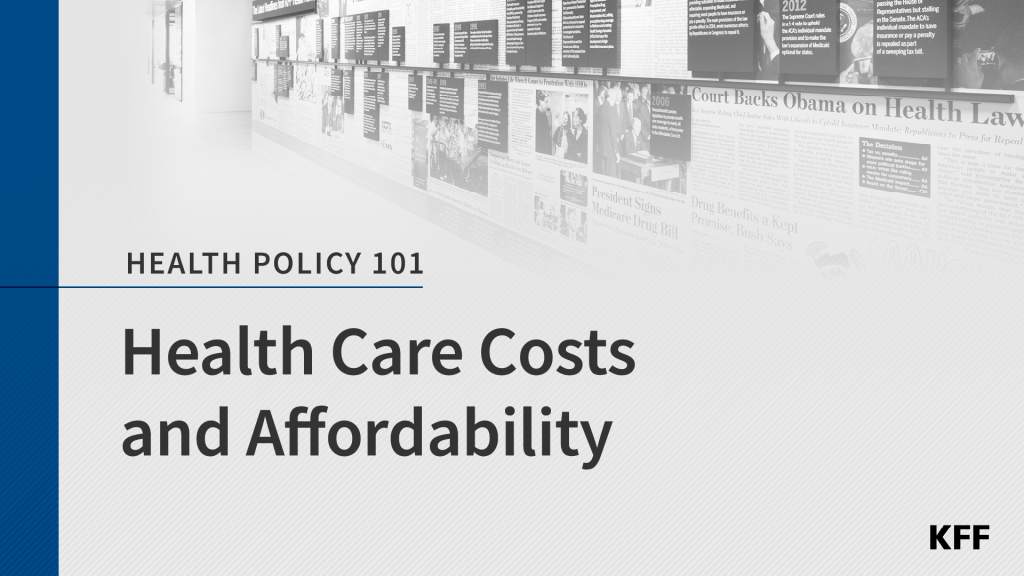After the Election, the Public Remains Sharply Divided on Future of the Affordable Care Act
Among Those Who Favor Repeal, Arguments About Loss of Coverage for Those with Pre-Existing Conditions Can Sway Some Opinions Many Obamacare Provisions Remain Broadly Popular Across Party Lines, But Not its Mandate The first Kaiser Health Tracking Poll since the 2016 election finds that Americans are largely divided on the future of the Affordable Care…
